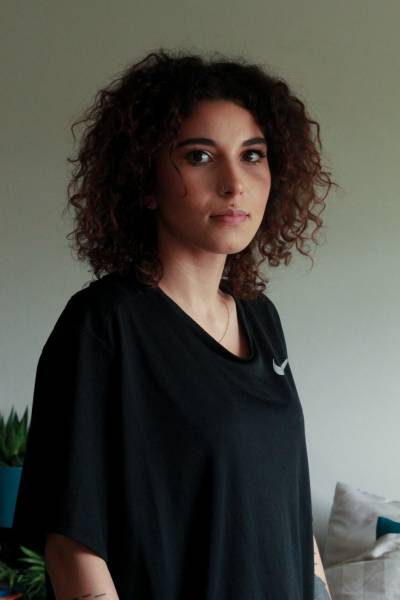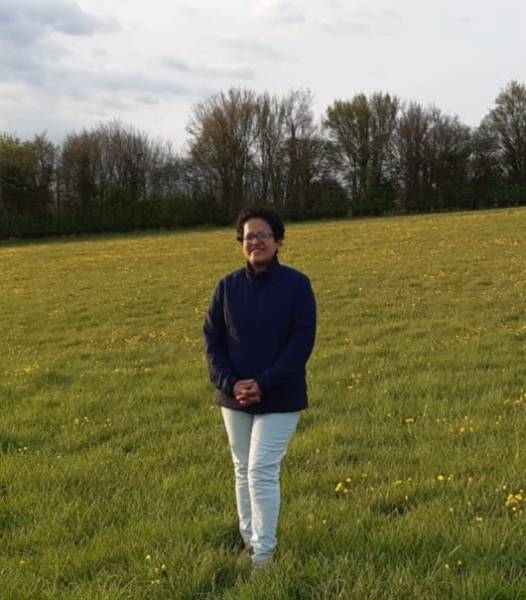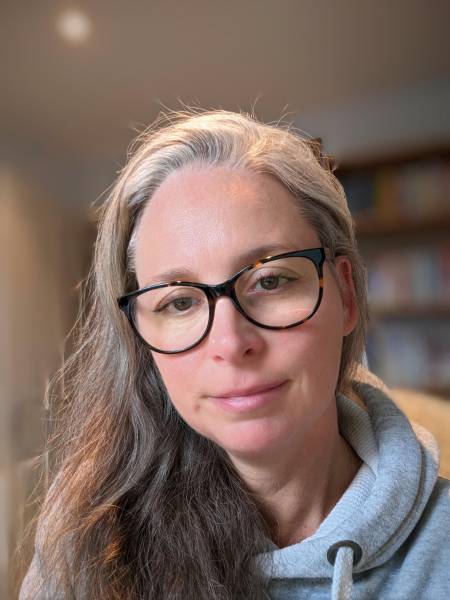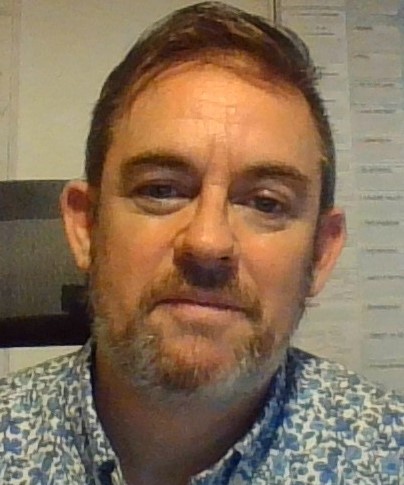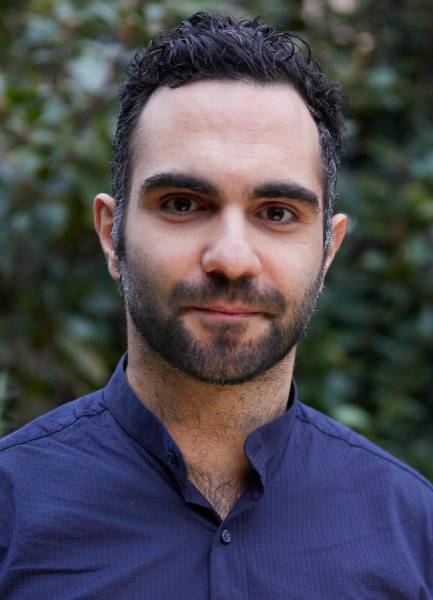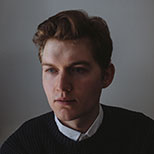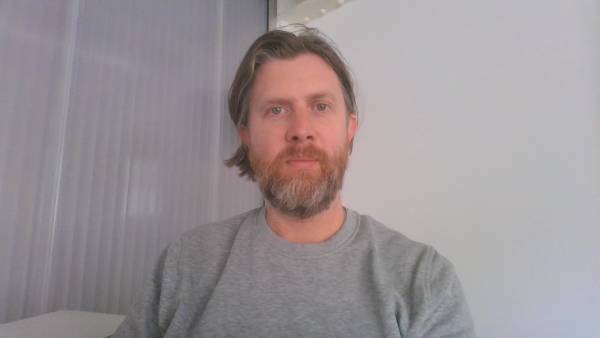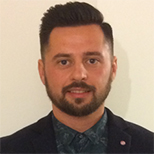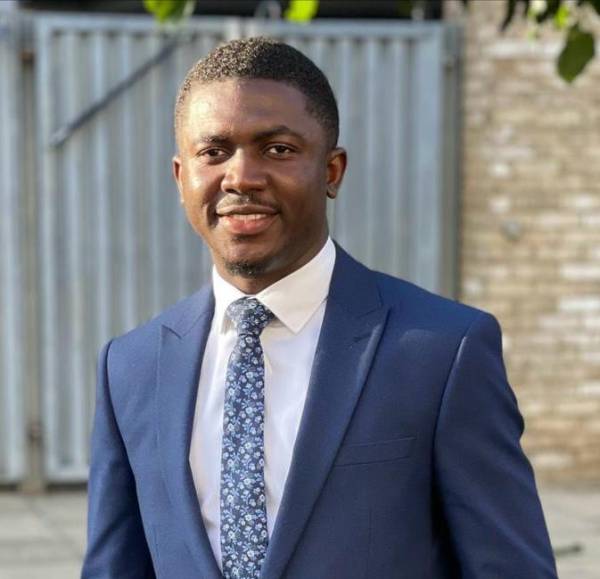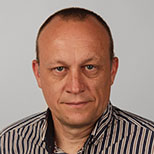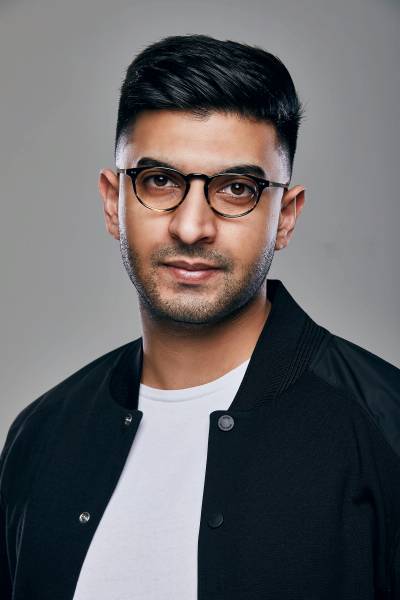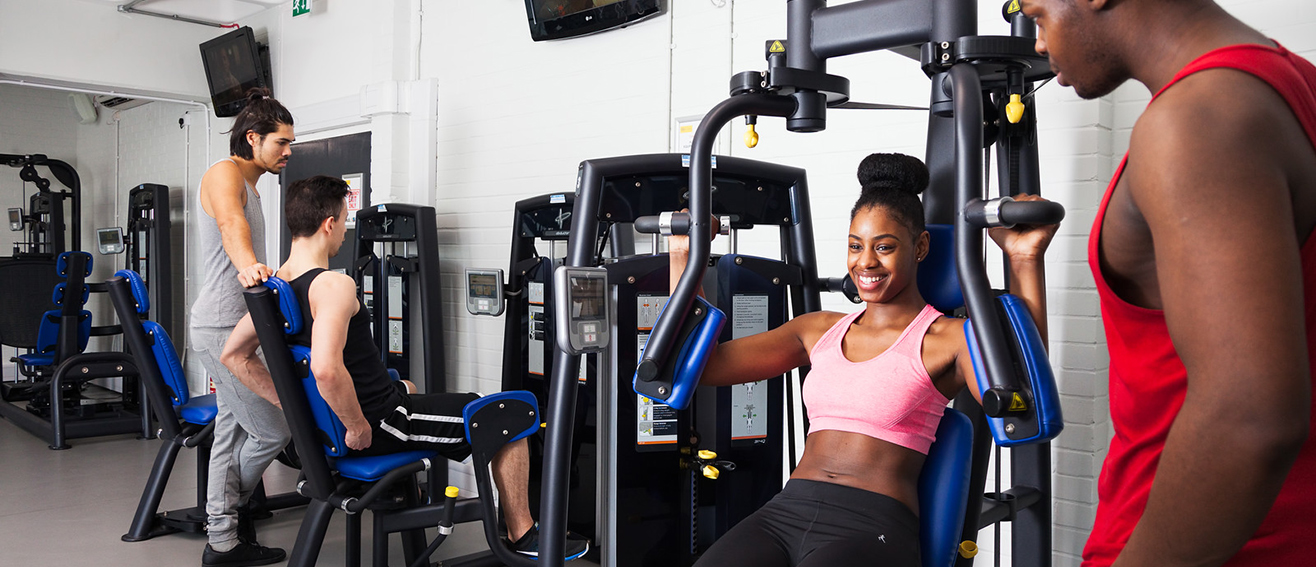
Sport and Exercise Science Research Group
Our world-class research into human functions and wellbeing promotes athletic performances and healthy lifestylesThe Sport and Exercise Science Research Group (SESRG) provides an environment for research and innovation with real-world application.
The interdisciplinary group integrates biomechanists, physiologists, nutritionists and psychologists to target societal challenges in health, environment and performance.
Our work generates impact across stakeholders: local government, policy makers, commercial organisations, and charity partners.
Investigated topics
The group works across complementary scientific disciplines and has a unique blend of excellent facilities, knowledge and skills for research, innovation and product testing. Most of our research has addressed the following:
- Activities: Tripping, Perception, Cognition, Footwear, Shooting, Cycling, Coaching
- Populations: Athletes, Ageing, Women, Coaches, Ethnicity, Diabetes, Grassroots
- Environments: Heat, Urban, Altitude, Gym, Lab-based, Field-based
The affiliated Human Performance Centre is our enterprise arm for delivering innovative science services to individuals, businesses and communities under four branded themes:
- InnovateWell for Intellectual Property generation, product testing, evaluation and development;
- PerformWell for development and testing of tailor-made programmes for professional and recreational athletes, coaches and those wishing to initiate an active lifestyle;
- LiveWell for tailored lifestyle assessments, interventions and guidance as well as for delivery and effectiveness monitoring and evaluation of health promotion programs.
- LearnWell for student-led assessments in co-curricular activities, this programme trains our students in the BSc(Hons) Sport and Exercise Sciences to become competent and confident Performance assessors.
Previous Impact Cases
This Girl Can with Lambeth
(Leads: Dr. Katya Mileva and Dr. Rita De Oliveira)
In line with the Active Lambeth Physical Activity and Sports Strategy 2015 this project aims to increase and sustain participation in sports and exercise programmes among 14-25 year old females in Lambeth. The project was undertaken to generate the evidence base needed to inform future Council’s commissioning activity. The intervention programme within the project was designed in consultation with London Sport and the evaluation components were guided by Lambeth and Southwark Public Health Clinical Commissioning Groups. The LSBU research team’ is responsible for the monitoring and evaluation components of the project.
To date the project has reached its ambition to engage in excess of 5000 young girls in the programs delivered by notable charities and local sport and physical activity providers. This project is producing impact on public health, public services and policy via stakeholder engagement, awareness and understanding of the facilitators and barriers for engaging and sustaining active lifestyle of adolescent females from communities with high level of socio-economic deprivation. Recent analysis of these factors has been published by the research team (Hull, R. , de Oliveira, R. and Zaidell, L. (2018) An Ecological Approach to Exploring Physical Activity Interventions Aimed at Young UK-Based Females: A Narrative Systematic Review. Psychology, 9, 2795-2823. doi: 10.4236/psych.2018.914161.)
Based on their analysis, the research team has formulated a set of practical recommendations (PDF File 715 KB) on how to design effective programs promoting increased and sustainable engagement of young females in physical activity. These should take into account the multitude of factors from the intra- and inter-personal, organisational and environmental, policy and legislation levels of the ecological model of health behaviours that influence behaviour and lifestyle change in a dynamic interplay.
The team work on this project has been supported with a 3-year grant (2017-2019) from Sport England and Lambeth Council (total value £636K).
TEMULAB ® (ProTendon®)
A diagnostic device for the prevention of Achilles tendon injuries.
(Lead: Prof. Kiros Karamanidis)
The development of this device has been informed by 15 years of research conducted by Prof. Karamanidis and his team in the area of motor-tendon unit biomechanics and over 35 publications on the topic. Currently the team is working to realise the huge potential of this innovation to produce impact on sports medicine, economics, innovation, health and wellbeing. The German Federal Institute of Sports Science has invested €115K into the work of the team to evaluate elite jumpers in the German Athletics Federation (completed). Recently, the team has secured additional circa £315K investment from Lanserhof London at The Arts Club for setting up brand new state-of-art diagnostic facilities at the London franchise of the company to ensure a regular muscle-tendon unit diagnostic offer for their patients and athletes starting summer 2019.
OrthoSportsLab
(Lead: Prof. Kiros Karamanidis)
The aim of this project is to develop software for assessment of muscle structure and function for clinical settings. The current work of the team is supported with a £213K grant from OrthoSportsLab. This project has potential for impact on clinical practice and diagnostics for improved public health as well as for producing economic impact via licensing the software to clinical-end users.
Facilities
Our facilities at LSBU are accredited by the British Association for Sport and Exercise Sciences (BASES).
The Sport and Exercise Science Research Group (SESRG) operates within state-of-the-art facilities, part of a £47 million development on the Southwark campus. The research group benefits from several dedicated research laboratories as well as equipment for integration and field research:
The research takes place in 7 dedicated laboratories:
- Gait analysis - Qualisys 8-camera 3D motion analysis system and 5 Kistler force platforms, Footscan pressure distribution platform, telemetric EMG and kinematics systems
- Elite Human Performance - motorised treadmill with body harness, veloergometry, Laser Doppler flowmetry and imaging for peripheral blood perfusion, Near-Infrared spectroscopy for brain and muscle oxygenation, clinical rate digital bioimpedance scales for full body composition analysis, body core and skin surface temperature psychometric suite of tests for full scale analysis of cognitive, mental and emotional state, software for sport performance and team play analysis (Dartfish), software for qualitative data analyses (MAXQDA)
- Perception-Motor Control - eye-tracker with Perception-Motor control – a range of specialist methods, including the mobile Tobii Pro 3 eye-tracking glasses can measure looking behaviour in dynamic situations, the Tobii Lab for data analysis, prism and control glasses to manipulate visual direction, and a range of other behaviour methods are used in this lab.
- Neuromuscular Physiology - a range of specialist experimental techniques for measurement of neuromuscular activation such as: surface electromyography, peripheral electrical muscle and nerve stimulation, transcranial magnetic and direct current brain stimulation, 3D accelerometery, dynamometry, whole-body and targeted muscle and tendon vibration.
- Cardiopulmonary Physiology - specialist equipment for measurements of peripheral and central cardiovascular function such as: Breath-by-breath gas analysis systems, Doppler Ultrasound and Flow-Mediated Dilation, Blood pressure, cardiac output and heart rate monitors, blood lactate, cholesterol, lipid profile, haemoglobin and haematocrit.
- Environmental chamber In addition, the team benefits from an in-house Environmental chamber for testing human performance in controlled temperature and humidity, a unique normobaric Hypoxic chamber and 4 hypoxicators for altitude simulation and training.
- OrthoSport lab - 8 TEMUTRAIN isometric training devices, custom made force plate on the basis of a WII balance board, HUMAC isokinetic dynamometer, surface electromyography, Lode Sport 2XL treadmill; custom made pneumatic driven gait perturbation device, 8 infrared cameras Qualisys motion capture system, TEMULAB, Mobil Ultrasound device (ESAOTE MyLab Gamma)
- Biochemistry - Flow cytometer, RANDOX clinical analyser and ELISA systems for testing inflammatory status and human tissue biochemistry before, during and after physical activity and exercise.
You can take a virtual tour of some of our labs.
The Sport and Exercise Science Research Group is led by Rita de Oliveira, Associate Professor of Sport and Exercise Sciences and has twelve staff members and eleven postgraduate research students.
The mix of academic staff, post-doctoral, doctoral and visiting researchers with internationally recognised expertise, allows the Sport and Exercise Science Research Group to offer a stimulating and diverse research, enterprise and learning environment.
Staff
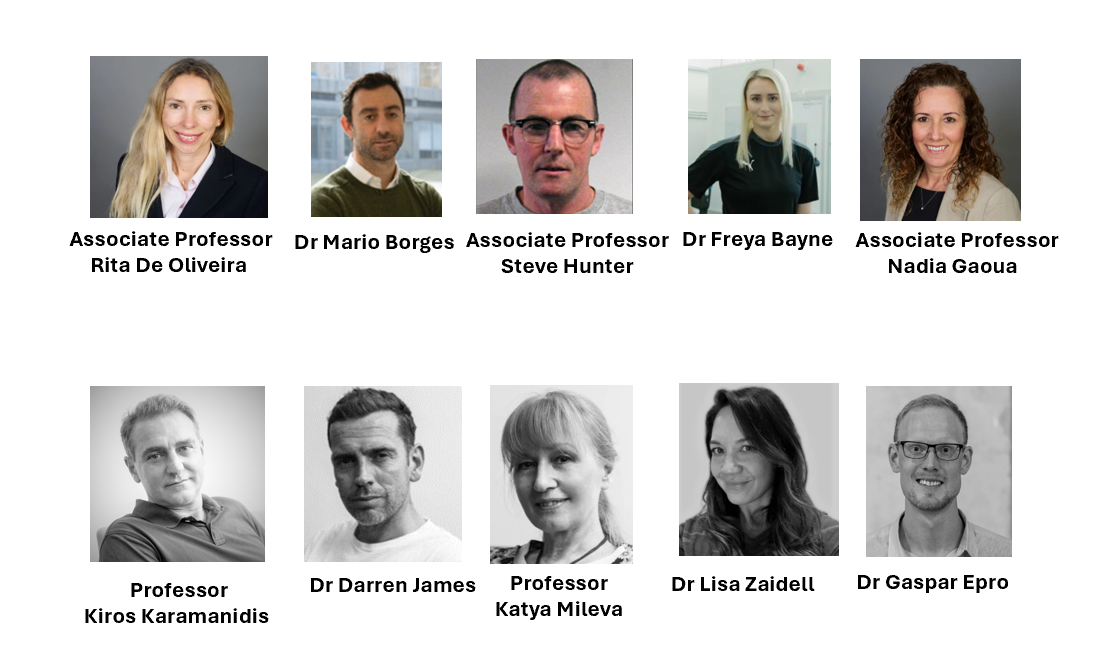
Dr Rita De Oliveira
Visual perception and environmental constraints
Dr Nadia Gaoua
Cognition and mental Performance during environmental extremes (cold, hot and high altitudes)
Prof Kiros Karamanidis
Biomechanics; Muscle Mechanics; Motor Control and Balance
Dr Darren James
Foot and ankle biomechanics (footwear and orthoses, and neuromuscular electrical stimulation)
Dr Gaspar Epro
Muscle-tendon adaptation and muscular skeletal performance and health
Steve Hunter
Exercise physiology: circadian rhythm, and environmental exposure (hot, cold and altitudes)
Dr Lisa Zaidell
Exercise Physiology; Health and Well-being; Strength and Conditioning
Dr Mario Borges
Coach education, sport migration, and notational analysis
Dr Freya Bayne
Exercise in environmental extremes (cold, hot, and high altitudes) and thermal therapies
Visiting Researchers and Emeritus Professors
- Professor Katya Mileva, Emeritus Professor of Neurophysiology
- Dr David Cook, Head Coach, Norway National Taekwondo team
- Dr Karl Cook, Head of Sports Science & Sports Medicine at British Swimming
- Prof Matthew Solan, Consultant Trauma and Orthopedic surgeon at Nuffield Health Guildford Hospital, Royal Surrey County Hospital and London Foot and Ankle Centre
- Dr Sebastian Racinais, Head of Athlete Health and Performance Research Centre, Aspetar, Qatar
Postgraduate Research Students

Louis Gladstone Annan (PhD)
Improving social behaviour of young people through sport in highly deprived urban communities
annanl@lsbu.ac.uk
Supervisors: Gaoua, Mileva, Borges
Supervisors: Borges, de Oliveira, Vangeli
Mateus Albuquerque Placido (PhD)
Individualised perturbation-based gait-therapy to enhance fall resisting skills using smart-knee braces
albuquem@lsbu.ac.uk
Supervisors: Karamanidis, Xiao, Epro, Werth
Fenja Benita Deister (PhD)
Population differences in mechanical properties of anterior-talofibular ligament using ultrasound shear-wave elastography
deisterf@lsbu.ac.uk
Supervisors: James, Harput, Karamanidis
Austin Lui (PhD)
Gaming for health: optimising virtual reality and electrical muscle stimulation for effective functional recovery in stroke rehabilitation
s4315997@lsbu.ac.uk
Supervisors: Mileva, Zaidell
Manon Liberati Richards (MRes)
The effectiveness of per-cooling strategies on cycling time-trial performance in hot and dry and hot and humid conditions
liberatm@lsbu.ac.uk
Supervisors: Gaoua, Bayne
Ammara Farooq (MRes)
Low back pain and exercise
s4331174@lsbu.ac.uk
Supervisors: de Oliveira
Justine Moore (PhD)
Environmental walkability and update of exercise
s4328715@lsbu.ac.uk
Supervisors: de Oliveira, Hull
Scott Pollock (PhD)
pollocs3@lsbu.ac.uk
Supervisors: Mileva, Gaoua
Adri Bester (PhD)
bestera4@lsbu.ac.uk
Supervisors: Mileva, Gaoua
Former Postgraduate Research Students
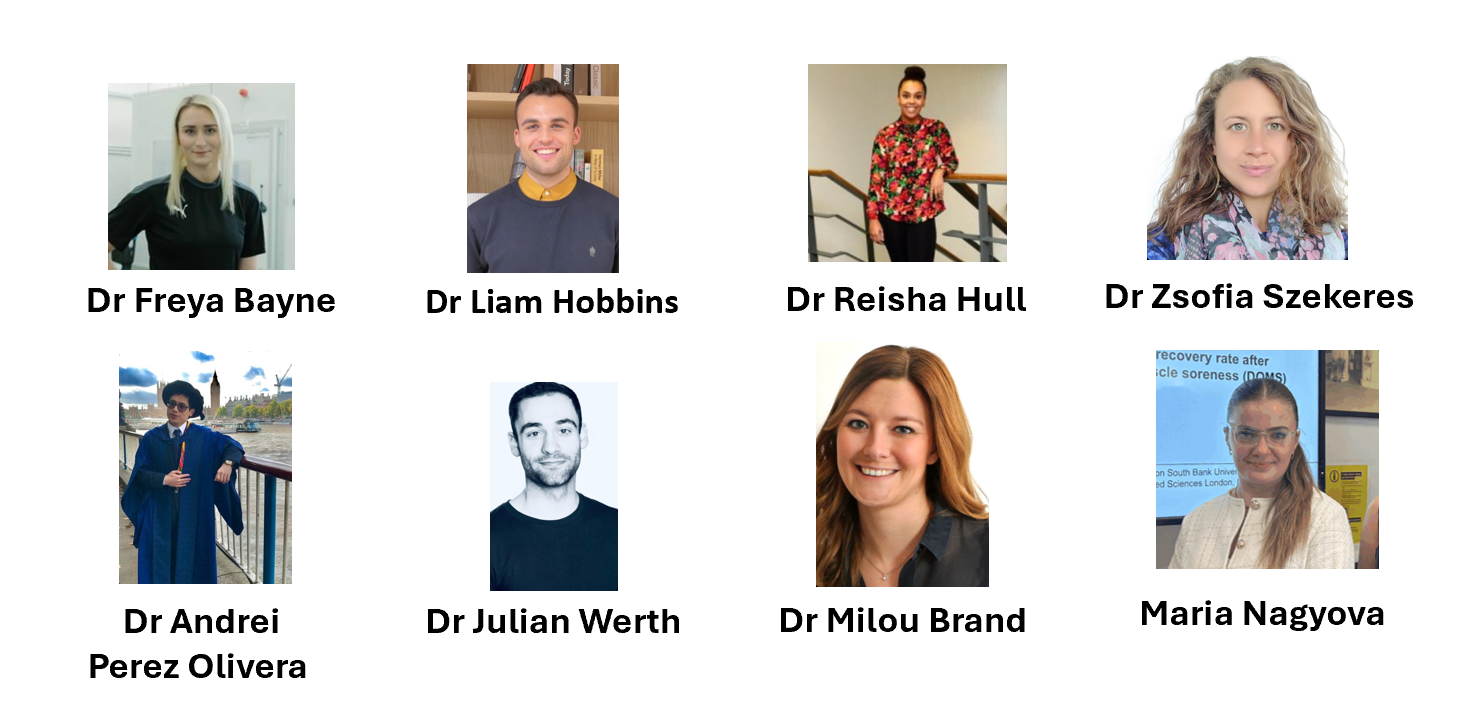
Below is a list of PGR students who recently completed their PhD or MRes at SESRG or in collaboration with an SESRG member.
Maria Nagyova (MRes)
Title: The effectiveness of thermal therapies on recovery rate of exercise-induced delayed onset of muscle soreness (2024)
Supervisors: Gaoua, Bayne
Current position: PhD student
Yiannis Lambrianides (PhD)
Title: Temporal dynamics of muscle and tendon adaptation to mechano-metabolic stimuli (2024)
Supervisors: Karamanidis, Epro
Freya Bayne (PhD)
Title: Cycling time-trial performance in hot conditions (2022)
Supervisors: Gaoua, Racinais, Mileva
Research Fellow at London South Bank University
Andrei Perez Olivera (PhD)
Strengthening an intrinsic foot muscle via neuromuscular electrical stimulation (2021)
Supervisors: James, Mileva
Current position: Senior Research Integrity Specialist at Frontiers
Julian Werth (PhD)
Title: Adaptation and retention of rebalancing for gait exercise using mechanical and visual-vestibular sensory perturbations (2021)
Supervisors: Karamanidi, Epro
Current position: Lecturer in Biomechanic at Regents College London
Reisha Hull (PhD)
This girl can: an ecological approach to investigating physical activity in urban females (2019)
Supervisors: De Oliveira, Zaidell, Mileva
Current position: Lecturer in Sports Studies at University of Hertfordshire
Milou Brand (PhD)
Title: Stepping into recalibration: an exploration of age-related effects (2019)
Supervisors: De Oliveira, James
Current position: Data Science x Healthcare | Real-World Evidence | Sport Scientist
Matthias König (PhD)
Title: Acquisition, retention and transfer of fall-resisting skills across the adult lifespan (2018)
Supervisors: Karamanidis, Epro
Current position: Senior medical writer
Zsofia Szekeres (PhD)
Title: Cognitive and emotional benefits from community-based exercise participation after midlife (2020)
Supervisors: De Oliveira, Zaidell, Mileva
Current position: Research Associate at Cardiff Metropolitan University
Liam Hobbins (PhD)
Title: Hypoxic conditioning for improving psycho-physiological responses in obese populations (2020)
Supervisors: Hunter, Gaoua, Girard
Current position: Portfolio Manager at Taylor & Francis
Self-Funded PhD Opportunities in Sport and Exercise Sciences
Are you passionate about Sport and Exercise Sciences and eager to advance your research career? London South Bank University is pleased to offer self-funded PhD and MRes opportunities in Sport and Exercise Sciences for motivated and talented qualified individuals.
About the Program:
The Sport and Exercise Science Research Group at LSBU holds leading expertise in the traditional Sport and Exercise Science disciplines and is particularly recognised for scientific excellence in areas of emerging significance for the applied study of human movement, health and sport performance.
SESRC promotes research excellence and real-world impact, and provides a supportive working environment, in which all members are inspired to keep up to date with knowledge and technology by engaging in internal and external academic and professional collaborations. Our success generates success for our academic and professional partners.
Industry connections
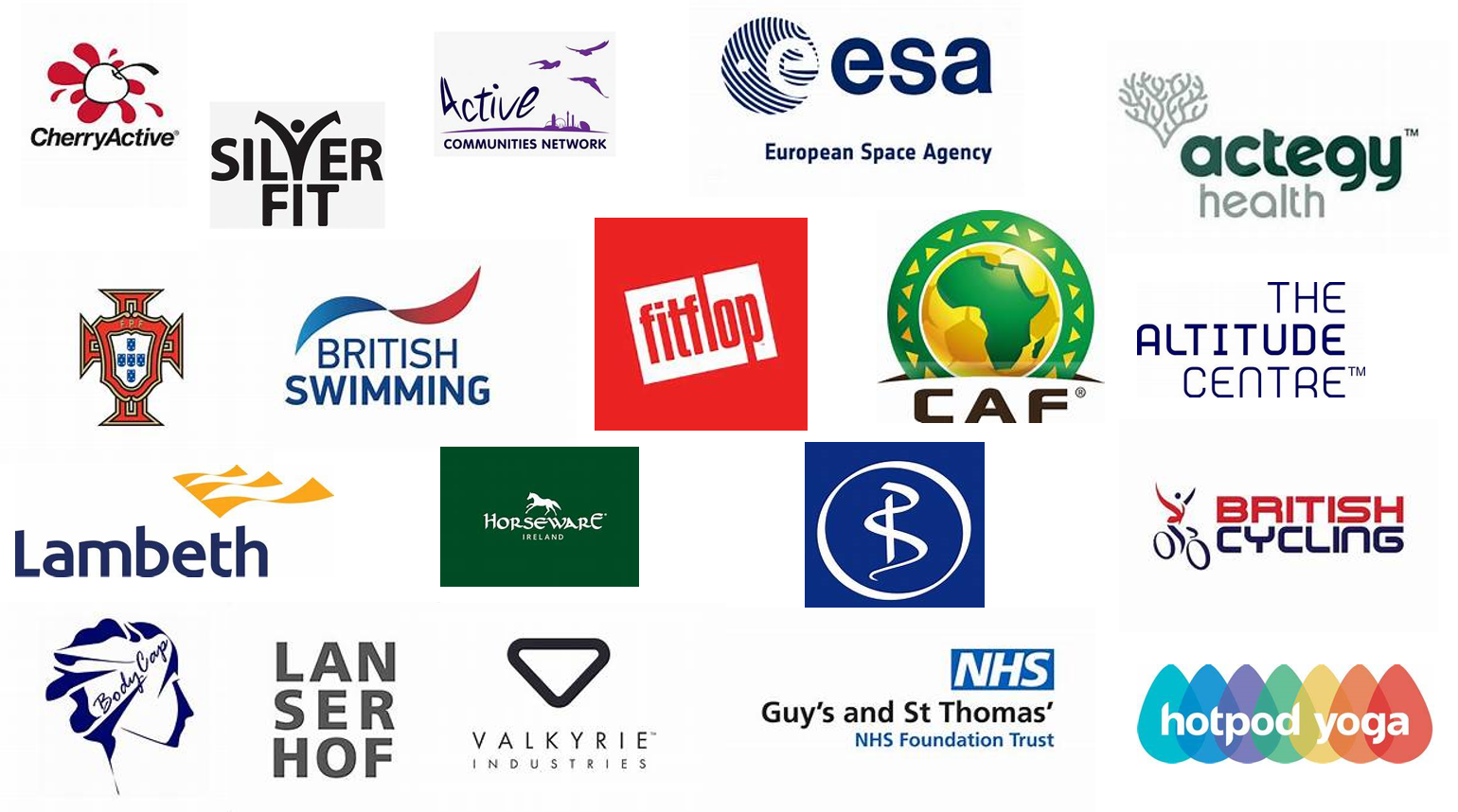
SESRC has an established track record for offering market leading innovative knowledge- and technology-driven solutions to improve human health, wellbeing and physical performance. Since its establishment 25 years ago, the centre has built a number of successful and lasting collaborations with professional partners helping them to stay ahead of their competitors. The team works closely with the LSBU Active’s Academy of Sport as a conduit to professional bodies within National Sport and community organisations.
We generate scientific evidence to identify and support marketing claims, develop and commercialise intellectual property through research, monitor and evaluate programs for improved sport performance, health and well-being. The research undertaken at LSBU provides reliable fundamental evidence to justify the feasibility of trials on clinical populations. Such activities are supported via research development grants (e.g. Knowledge Transfer Partnerships and Knowledge Connect), contracted research and matched-funded doctoral and post-doctoral scholarships.
Examples of the Sport and Exercise Science Research centre partners include:
- Actegy Ltd.
- Active Communities Network
- African Confederation of Football
- BodyCap Ltd, France
- Brandhandling Ltd (FitFlop™)
- British cycling
- British School of Osteopathy
- British swimming
- CherryActive Ltd
- European Space Agency, Cologne, Germany
- FIFA Centre of Excellence UAI, Algeria, Qatar
- Football Federation, Portugal
- Guy and St Thomas’ Hospital
- Horseware Ltd
- Lambeth Council, London UK
- Lanserhof
- Silverfit Charity
- The Altitude Centre, UK
- Valkyrie industries
Academic collaborators
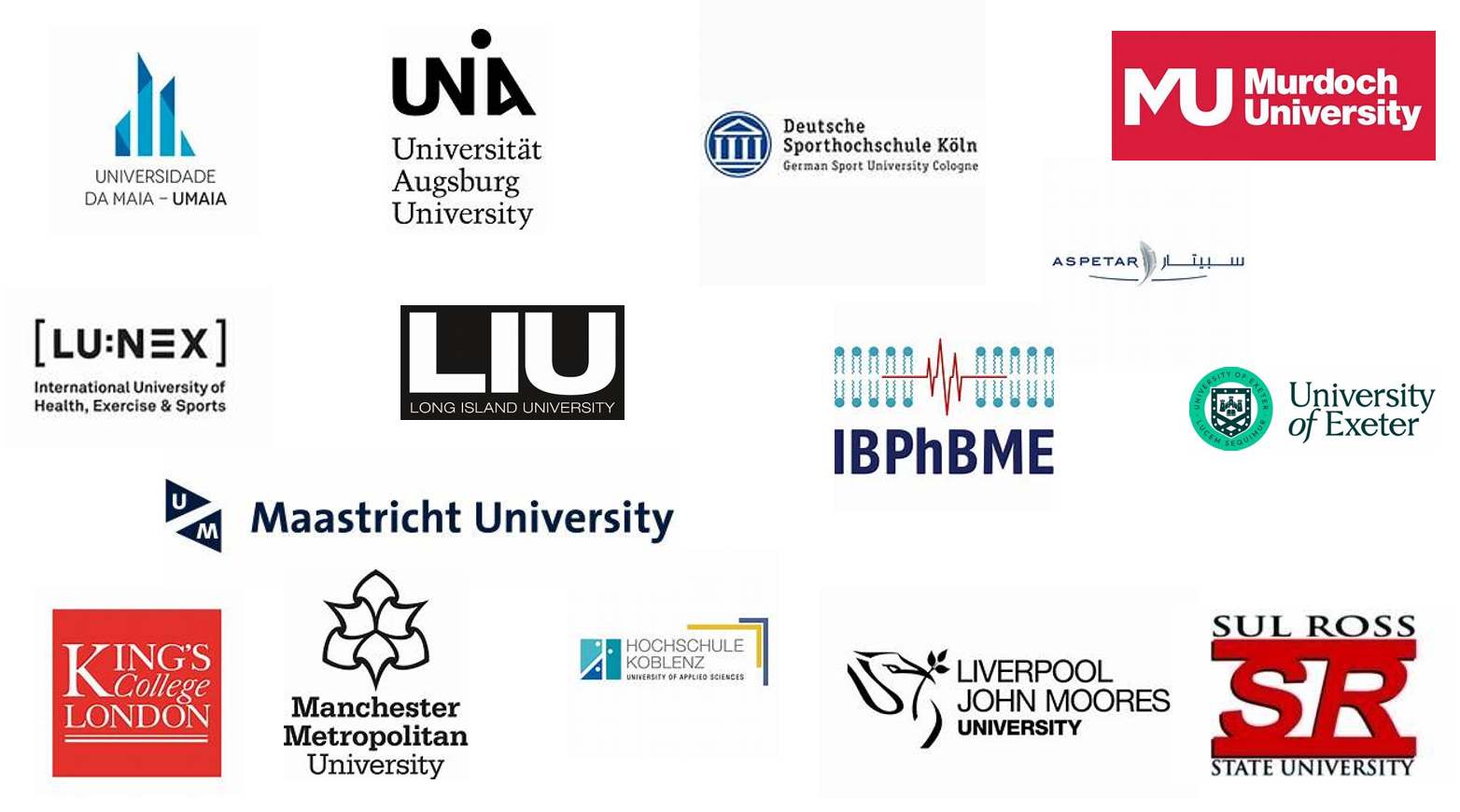
The team draws on additional expertise and access to advanced research techniques by engaging with academic partners from other universities in the UK and oversees. Examples of our partnerships include:
- Aspetar Orthopaedic & Sports Medicine Hospital, Qatar
- Faculty of Human Kinetics, Portugal
- German Sport University, Cologne, Germany
- Institute of Biophysics and Biomedical Engineering, Bulgarian Academy of Sciences, Bulgaria
- King’s College London, UK
- Liverpool John Moores University
- Long Island University, New York, USA
- LUNEX International University, Differdange, Luxembourg
- Manchester Metropolitan University, UK
- Murdoch University, Perth, Australia)
- Sul Ross State University, USA
- University Institute of Maia, Portugal
- University Medical Centre+, Maastricht, Netherlands
- University of Applied Sciences Koblenz, Germany
- University of Heidelberg, Germany
- University of Augsburg, Germany
- University of Exeter, UK
SESRG’s reputation and ranking for research and teaching in sport and exercise sciences have shown consistent growth and vitality since its establishment in 1994. The research group provided the platform for expanding the research expertise and teaching quality of its members via stimulating their engagement in research and enterprise, appointing senior, post-doctoral and doctoral researchers, and collaborating with academics of international standing and professional reputation.
REF 2021
In Research Excellence Framework (REF) 2021:
- Over 75% of our research outputs are world-leading or internationally excellent in terms of for quality, rigour and significance
- 75% of our research and enterprise activities are internationally excellent for impact, reach and significance
- 62.5% of our research environment was qualified as conducive to producing research of internationally excellent quality, in terms of its vitality and sustainability.
Other accolades
To contribute to advancements in science, economy and professional practice the SESRC members hold:
- Scientific and Professional Board Members
- Committee membership and advisory roles
- Accreditation by professional societies
- Honorary appointments at other universities
- Appointments in Editorial/Review boards of scientific journals
- Reviewers for funding bodies, academic publishers and awards
The SESRG members deliver talks and keynotes, organise symposia at scientific congresses, co-supervise PhD students based at other universities, peer-review for journals in relevant scientific disciplines and write editorials of scientific books.
SESRG regularly hosts research visits of distinguished national and international scientists and supports visits of SESRG members to partner universities for joint research and use of facilities, research presentations, publication and grant preparation.
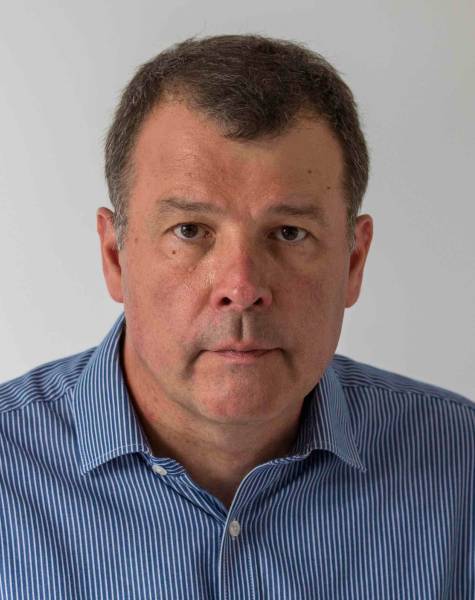
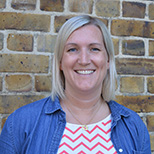

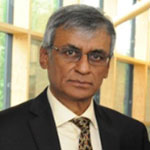
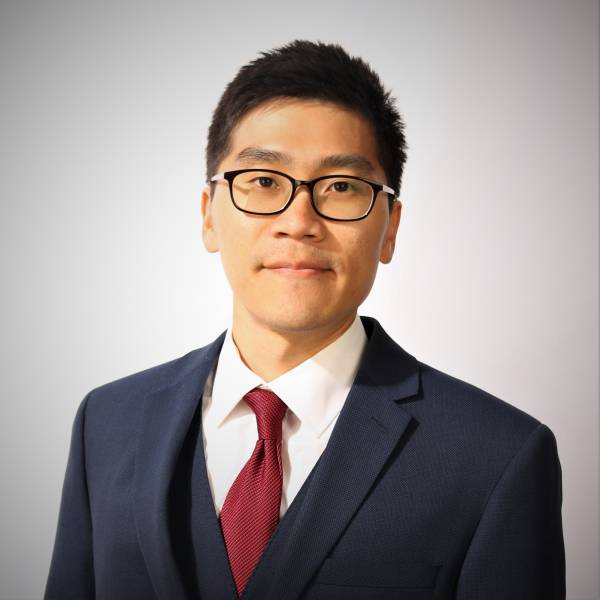
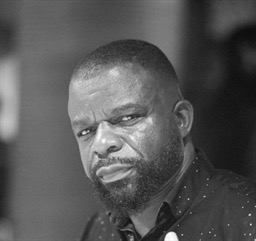
a.jpg)

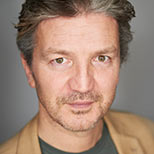



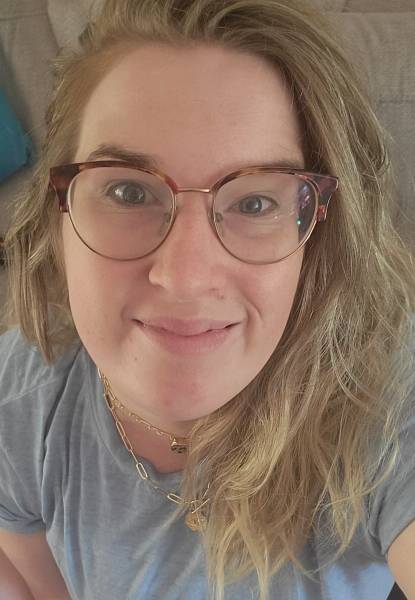


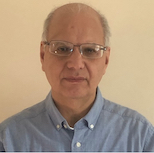

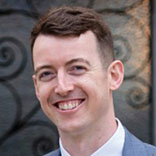
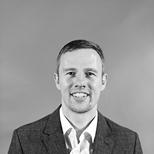
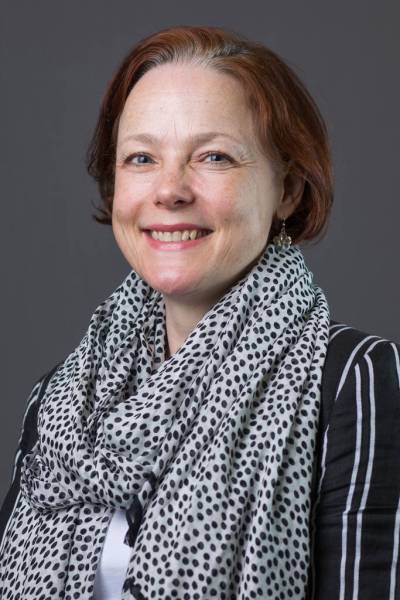


.jpg)

.jpg)
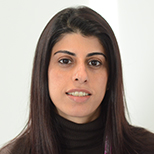
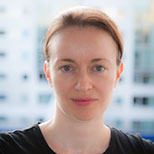

.jpg)

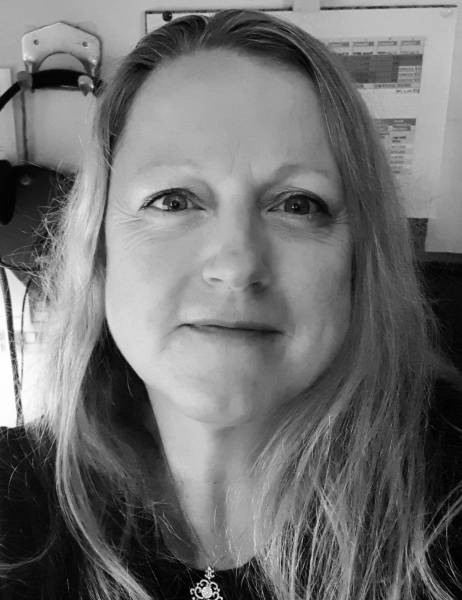


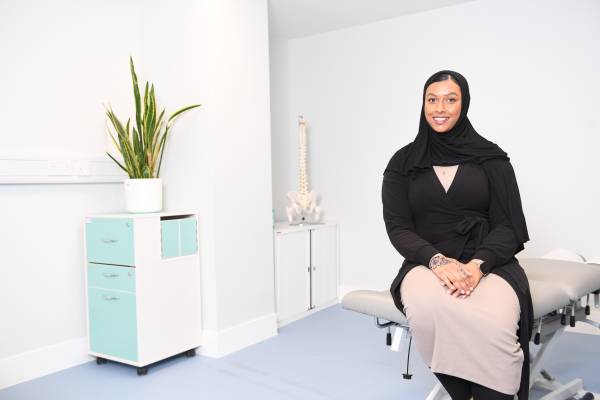

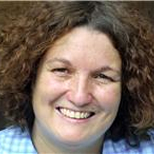
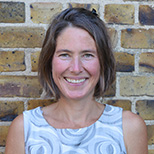

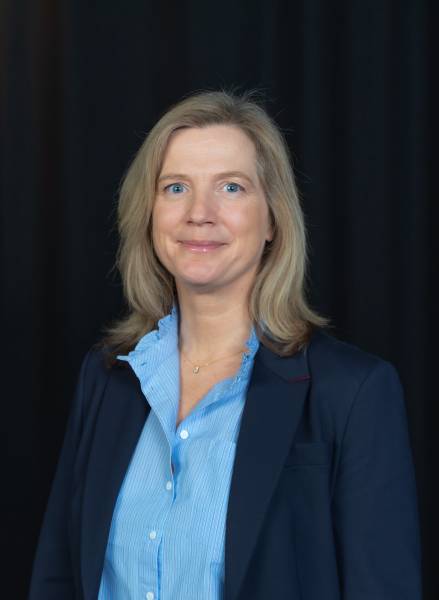

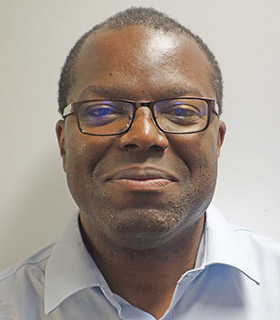
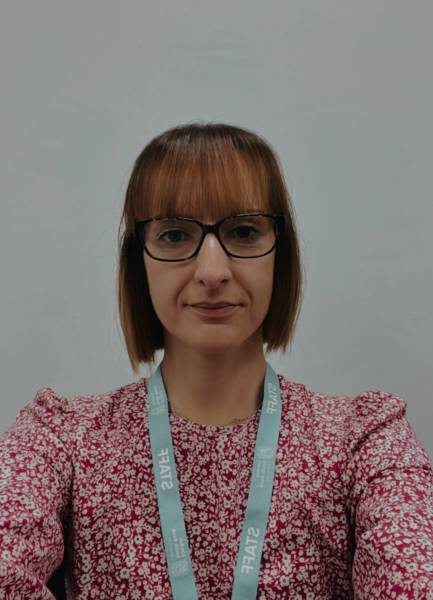
.png)
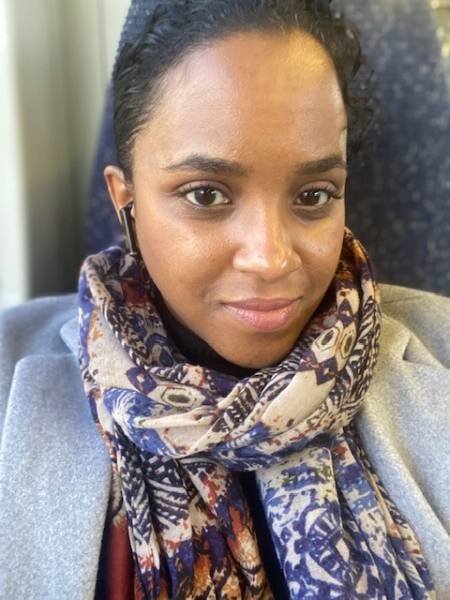
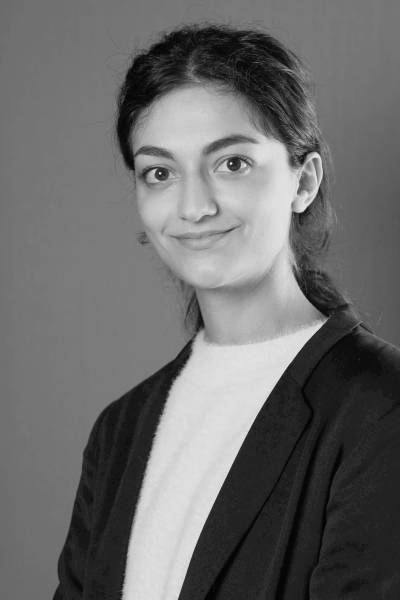


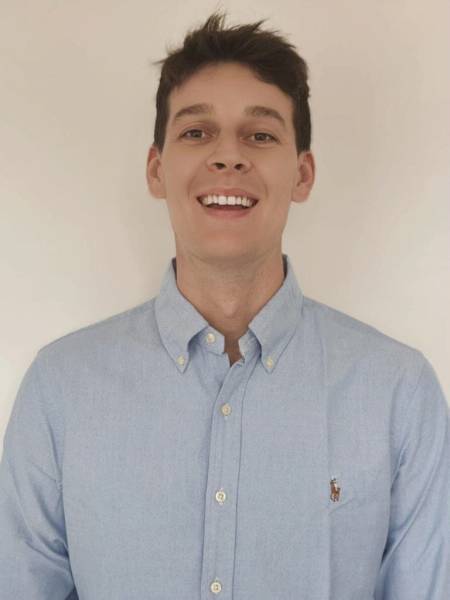
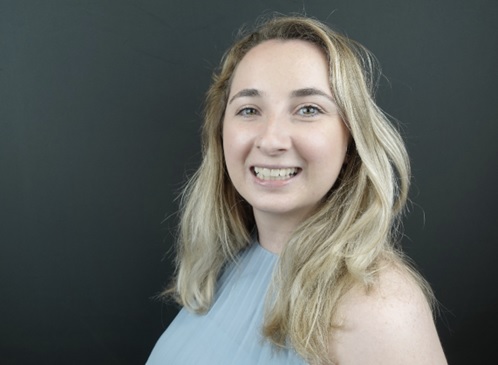
.jpg)
